How to Be a Welcome Visitor in Jordan—Culture and Etiquette, Part 2
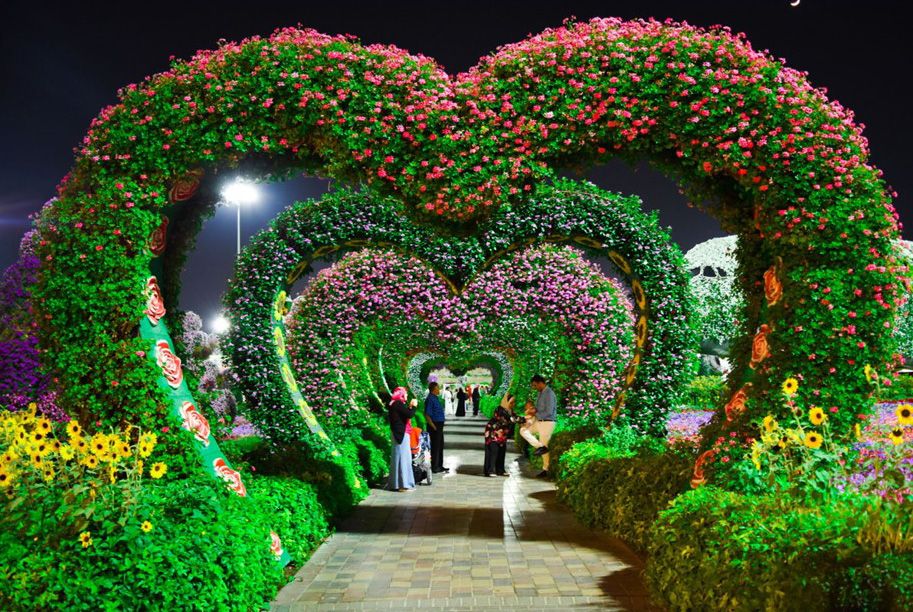
Men and Women
We in the “liberated” West often think women are degraded in the Arab world. Sometimes they are. However, it is my understanding that the way a woman is treated is more to protect her.
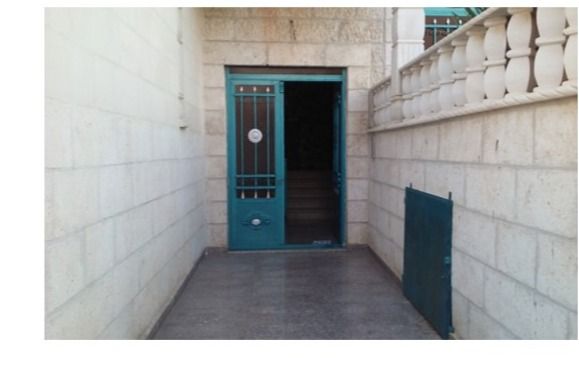
Generally, a women will not communicate with a man (outside of a workplace) unless a male relative is present. If a man knocks on the door of a home, he steps away as a sign of respect so he will not be in the woman’s personal space. If her husband is not there, she will either speak through the door or not at all.[1]
It is normal for a man to greet only the husband in a social setting; otherwise, acknowledging the wife is interpreted as showing too much interest.[2]
An unmarried person would never sit beside someone of the opposite sex on public transportation or in restaurants. In fact, sometimes married folks don’t even eat together in public. When entertaining guests at home, often the men gather in one room and the women in another.
In Arab countries most women stay home and take care of the house and children. Even if they go to university, they usually don’t work once they are married. This is changing, however, and we should expect to see more women in the workplace in the future.
Most women have their lives controlled by their closest male relatives. When visiting our friends in Jordan, I learned this was the case with their next-door neighbors. The husband was antagonistic toward his wife’s even talking with our friend’s wife, much less having any kind of interaction. She was not allowed to make contact with anyone outside her home. I’m glad that is not the case everywhere.
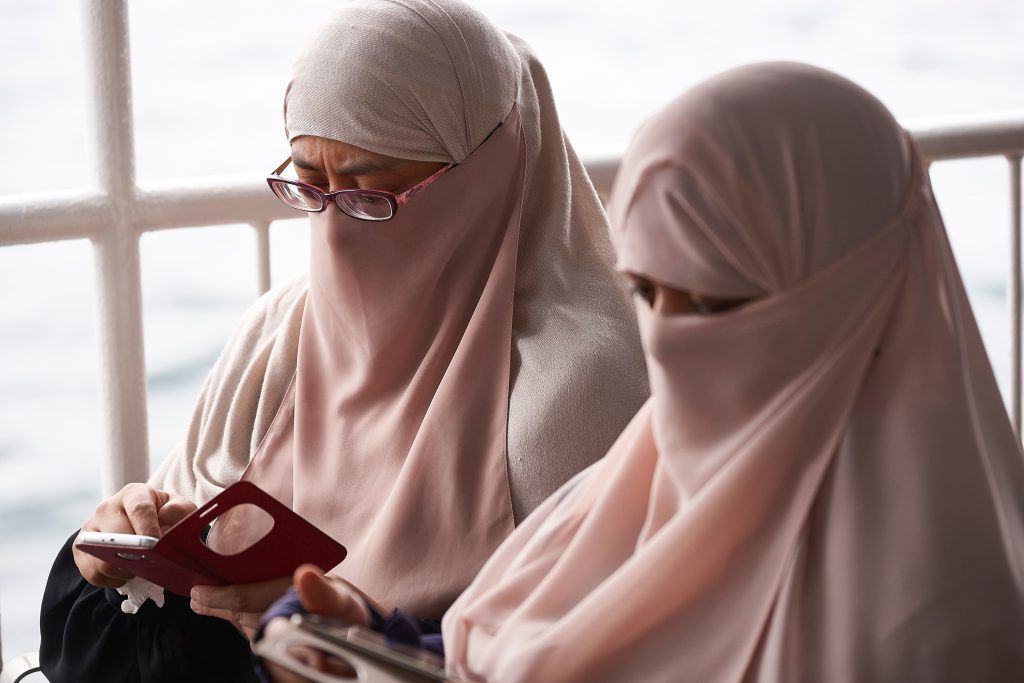
Despite the limitations placed on them, women have made advances in education in a country where the practice of educating women only began three or four decades ago. They have to balance their career with all the customs and longtime traditions associated with obeying their husbands at home. Men do not help out at home. That is the domain of women.
When applying for a job, a man will always be hired over a woman if he has a family to support. If a woman works and contributes to the household but divorces after a twenty-year marriage, she walks away with nothing. It all belongs to the husband.[3] Today, the proportion of women in the workforce is twenty-five percent if you include street vendors and such. The unofficial unemployment rate for women is sixty-five percent.[4]
Sons are prized, plain and simple. Women are primary caregivers for infants and small children, but care of the elderly falls to the son, unlike here in America where that task usually is performed by daughters.[5] Inheritance is guided by Islamic law. A woman receives half the amount that a man receives.[6] I don’t believe this is because she is thought to be worth less, but because she is not the primary one in charge of taking care of everyone. In Bible times, the reason a firstborn son received a double portion of inheritance was because he was responsible for the entire extended family.
In an interesting twist, after the first son is born, the father and mother take his name. If the son’s name is Mohammed, the father becomes Abu Mohammed, meaning “father of Mohammed,” and the mother becomes Om Mohammed, or “mother of Mohammed.”[7] Since our son is named Aaron, Al became Abu Harun when he was born.
In another unusual twist, Jordan’s citizenship law states that “children of a Jordanian [man] are Jordanian regardless of where they were born.” Jordanian women, however, cannot pass on their citizenship to their children if married to non-Jordanian men.[8]
Children born to these women are second-class citizens. They have few rights. One thing denied them is a driver’s license. Because of that and other injustices, they have a hard time getting anything but a menial job. These mothers have protested many times against the government. Finally, the legislature passed a new law giving the children, but not the husband, benefits of improved access to primary education in public schools, health insurance, driver’s licenses, and an exemption from fees associated with residence permits and work permits.[9]
This is ostensibly because they want to protect their culture from being diluted by the Palestinians. Most of these marriages are to that group. Even though Palestinians are allowed to live in Jordan (no other Arab countries will take them), they are looked down upon. This reasoning is ridiculous, however, because it doesn’t apply if a Jordanian man marries a Palestinian (or other race) woman.
PDA
Public displays of affection between men and women—whether married or not—is simply not acceptable in Jordan. It is highly unusual to see a husband and wife holding hands, but that would almost be scandalous. No touching of any part of the body, definitely no kissing, no putting an arm around a shoulder. In their culture, that is bringing the privacy of the bedroom into public.
Having said that —

What you are very likely to see is two men holding hands and kissing each other on the cheek. Women hold hands with each other as well, indicating their close friendship.
Unmarried or unrelated men and women do not touch each other in public (apart from possibly shaking hands in a formal setting), and any man who touches a woman, even on the elbow to guide her, has overstepped the mark and knows it.[10]
Now after having said all this about marriage and public display of affection, I must add that liberal Western influence is making inroads, and young people are finding opportunities for more sexual liberties if they are circumspect. You can go to this website for more information:
Miscellaneous
I am going to bullet-point some social customs that don’t fit into any categories I have mentioned above.
- Calling family and friends insulting names is a way to show love. If you address them politely, they are suspicious of your motives.[11]
- Telling people good-bye on the phone or at the door turns into another hour together. There are no quick farewells.[12]
- Receiving an offer of food or something else, starts a ritual to go through. Your response is to politely refuse a few times before accepting. If you truly do not want to accept, a blunt “no” is not okay. You should put your hand over your heart and say sincerely, “Shukran, shukran,” which means, “Thank you, thank you.”[13]
- Wearing a high-neck blouse and flowing trousers is a good idea for a female visitor in case she accepts an invitation to dinner with a local family. Since many Jordanians sit on the floor to eat, she may need to bend over to reach the food and not show any front or back cleavage.
- Eating with their right hand is the Jordanian standard. The left one is reserved for toilet duties. Too bad if you are a lefty.
- Loving social interaction is part of who Jordanians are. Al and I experienced this first-hand. Everywhere we went, people flocked to ask us where we were from and tell us, “Welcome.” One taxi driver was changing a tire when he spotted us walking toward a shop. He got up, dusted his hands off, and greeted Al. He didn’t have a very good command of English, but he knew the important word “Welcome” and the phrase, “Where you from?”
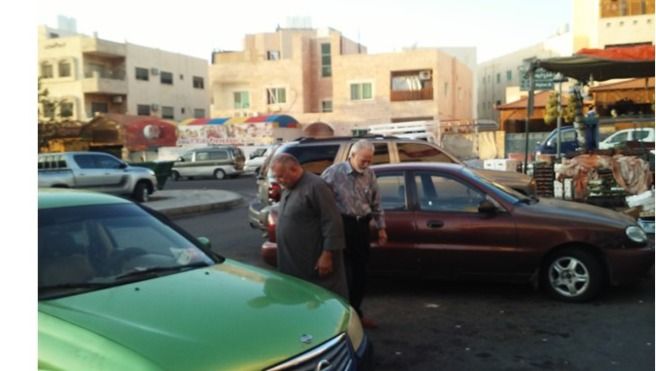
- Spending time chatting in a store or shop for an extended length of time is expected. Westerners are not used to lengthy conversations and come off as cold or uninterested if they don’t devote time to this activity.[14]
- Dressing modestly is the norm. Jordanians are offended by exposed flesh.
- Abstaining from alcohol. Most Muslims do not drink.
- Removing your shoes before entering a mosque or homes.
- Putting on shib-shibs (flip-flop sandals) before entering a bathroom.
- Always asking permission before you photograph women in any context, even in the street. This is especially true in Bedouin communities. If you’re in or near a family house or tent, ask permission of the men too. Some people don’t mind; others do.[15]
- Splitting the bill is not done. In Jordan, it is virtually unheard of. They have no concept of “going Dutch” and will sometimes take half an hour wrangling over the ticket.
Gestures and Body Language
- Incline your head forward and close your eyes for the affirmative. To indicate “no,” raise your eyebrows, tilt your head back and make a little “tsk” noise. This does not signal impatience or displeasure.
- Shake your head from side to side to mean “I don’t understand.”
- Put your right hand over your heart. It can means many things, depending on the circumstance.
- It indicates sincerity.
- It softens a “no thank you” to a vendor or beggar.
- It emphasizes a “thank you” to someone who has done something for you.
- Hold out your upturned palm, fingertips pressed together to signify “wait.”
- Cup your hand and pivot your wrist at chest level to ask, “What do you want?”
- Draw a line with your index finger across your open palm to ask for the bill at a restaurant. You may see this when someone is asking for your passport or other relevant document as well.
- Do not point directly with your index finger. This indicates casting the evil eye in Jordan. Instead, gesture vaguely with your whole hand in a general direction.

· Do not beckon with your palm up. It has sexual overtones. Turn your palm facing down with your four fingers together and gesture toward yourself.
- Do not look directly into someone’s eyes. Although we in the West value it as an honest gesture, in the Middle East, it might be taken as an invitation to something more.[16]
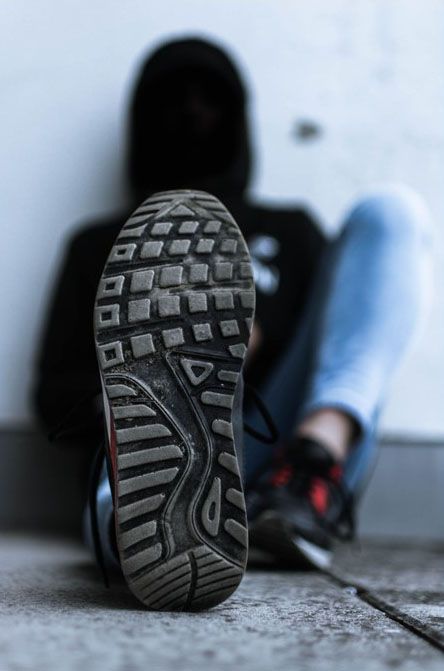
- Show the soles of your feet or shoes to someone, and you have made a direct insult in all Arab cultures.
- Do not cross your ankle on the knee.
- Tuck your foot under you when sitting on the floor
- Always keep both feet on the floor Jordanian-style when sitting in a chair.
- Never put your feet on chairs or tables.[17]
Here is a video from a British woman, who married a Jordanian and lives in Amman, with more tips.
Religion
Religion in Jordan is a lengthy subject which could take up several blogs. I will give it a small part of this article.
One of the most difficult things to adjust to on our trip was the deep impact of Islam everywhere. There is definitely no separation of church and state here. The constitution itself sets out the state religion. Minarets sprinkled across the skyline and the call to prayer five times a day, never let you forget.
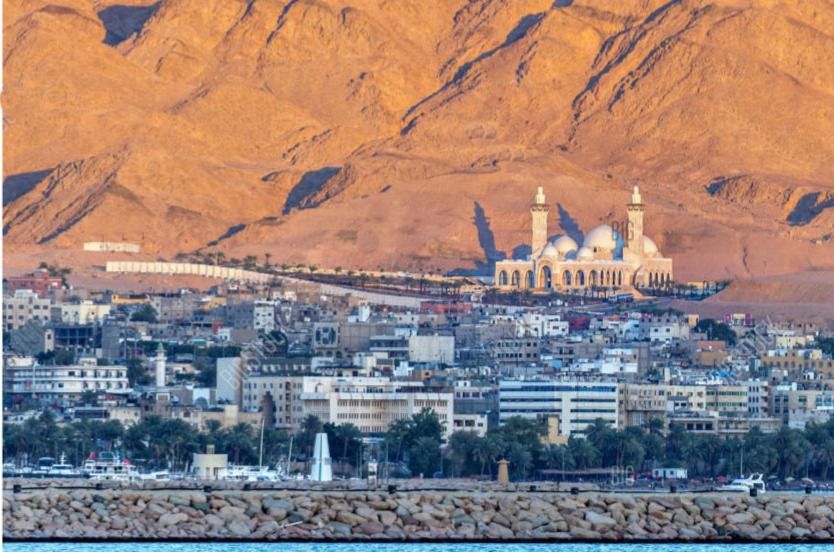
Religion and major holidays are important to Jordanians. The weekend consists of Friday and Saturday while Sunday is the beginning of the workweek. Friday is considered a day of rest.[18]
Ninety percent of the Jordanian population adheres to the Sunni branch. About six percent of the people are Christian.[19]
Imams, leaders of prayer in a Muslim mosque, hold an important role in this Muslim country. In most smaller and rural communities, they are the political leaders as well.[20]
Religious history is widespread in this land. Three of the Israelite tribes settled here when the nation entered the Promised Land after wandering for 40 years. Abraham and Moses are deeply connected to this side of the Jordan River. In fact, Moses never entered Canaan. He stood atop a peak in the Nebo range of the Abarim Mountains and looked across. John the Baptist immersed Yeshua (Jesus) on the east side of the Jordan River in this country.
John answered them, saying, “I baptize with water: but there standeth one among you, whom ye know not; He it is, who coming after me is preferred before me, whose shoe’s latchet I am not worthy to unloose.” These things were done in Bethabara beyond [the] Jordan [River], where John was baptizing. John 1:26-28 (King James Version)
Many of Prophet Mohammed’s companions have tombs in this land. Jordan is where the non-Arab world first contacted Islam more than fifteen hundred years ago.[21]
It is a huge no-no to walk in front of someone who is praying.
One of the five essential Pillars practiced by Muslims is the recitation of prayers five times a day. Calls to prayers are announced publicly by mosques and can be heard throughout the nation. The devout unroll a small prayer rug and face Mecca to pray.[22] It is a huge no-no to walk in front of someone who is praying.
The Times, They Are A’changin’
More than 40% of the population lives in the metropolis of Amman, concentrating the culture of Jordan in that city. Jordanian pop culture is heavily influenced by the West. European and American music, movies, fashion and other forms of entertainment are popular among Jordan’s people. Clubbing and partying culture are present in Amman, especially in the Western half of the city. It is consistently declared one of the most westernized and modern cities in the region. Malls, Western-brand stores, and hotels are important elements in Amman’s urban life, especially in the Western side.[23]

English is widely understood and even spoken in lieu of Jordanian Arabic among the upper class. Mostly British and American westernization is occurring due to their heavy influence on the nation’s political life and foreign affairs. The king himself has a British mother, Princess Muna Al-Hussein (born Antoinette Avril Gardiner) and was educated in Britain and America. So he has a “Western bent.”
In the past few years, Western Europeans and Americans have been moving to Amman. Along with increased trade links with the West, this has reshaped the culture.[24]
That’s sad in many ways. I wish we exported our good points. Often, it is our bad excesses which attract others.
Anita
[1] https://www.international.gc.ca/cil-cai/country_insights-apercus_pays/ci-ic_jo.aspx?lang=eng
[2] https://in2jordan.com/the-7-biggest-differences-between-western-and-jordanian-culture/
[3] https://www.pri.org/stories/2017-03-08/why-do-so-few-women-work-pay-jordan
[4] https://www.everyculture.com/Ja-Ma/Jordan.html#ixzz6927764BO
[5] Ibid.
[6] Ibid.
[7] Ibid.
[8] https://www.aljazeera.com/news/middleeast/2014/12/women-punished-marrying-non-jordanians-20141215121425528481.html
[9]Ibid., https://www.aljazeera.com/news/
[10]https://www.roughguides.com/destinations/middle-east/jordan/culture-etiquette/
[11]https://theculturetrip.com/middle-east/jordan/articles/10-customs-only-jordanians-can-understand/
[12]https://theculturetrip.com/middle-east/jordan/articles/10-customs-only-jordanians-can-understand/
[13]Ibid., https://in2jordan.com/
[14]Ibid.
[15]Ibid., https://www.roughguides.com/
[16]Ibid., https://in2jordan.com/
[17]Ibid., https://www.roughguides.com/
[18] https://www.travelawaits.com/author/cassandra-washington/
[19] https://www.everyculture.com/Ja-Ma/Jordan.html#ixzz6927764BO
[20] Ibid.
[21] Ibid.
[22] Ibid.
[23] https://en.wikipedia.org/wiki/Culture_of_Jordan
[24] Ibid.
